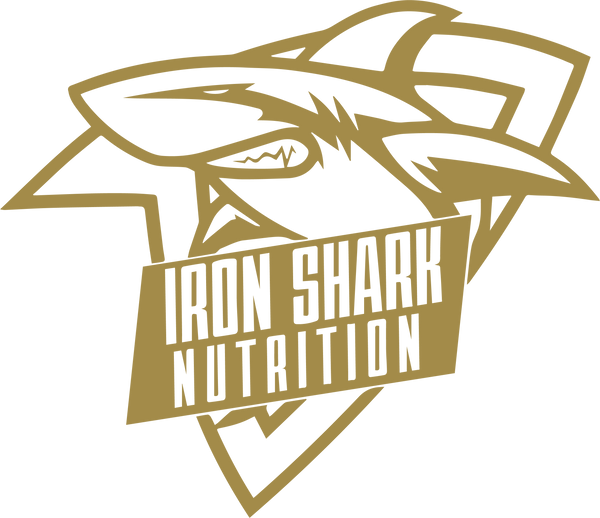Outdoor training offers a dynamic and invigorating experience, but to maximize your performance and promote optimal recovery, careful attention to your diet is essential. Check out these nutritional tips to help you get the most out of your outdoor workouts.
- Priority Hydration
When training outdoors, hydration is crucial. Dehydration can lead to loss of performance and health risks. Drink water before, during and after your workout. During intense or prolonged exercise, sports drinks can also help restore electrolyte balance.
- Balanced Pre-Workout
Consume a balanced meal approximately 2 to 3 hours before your outdoor workout. Include complex carbohydrates such as whole grains, lean proteins like chicken or fish, and healthy fats like those found in avocados or nuts. Avoid meals that are too heavy to avoid digestive discomfort.
- Energy Snacks
If you are training outdoors for an extended period of time, pack energy snacks. Options such as fresh fruits, energy bars, nuts, rice cream can provide a quick source of energy to maintain your stamina.
- Avoid Heavy Foods Before Exercise
Avoid foods high in fat and fiber right before exercise. These foods can lead to slow digestion and cause stomach discomfort. Opt for choices that are light and easy to digest.
- Rehydrate After Exercise
After your workout, make sure to rehydrate your body by drinking water. If your session was intense and lasted a long time, a sports drink can help restore the electrolyte balance lost through sweating.
- Post-Workout Nutrition
Consume a post-workout meal or snack containing protein and carbohydrates within two hours of your session. This will promote muscle recovery and glycogen replenishment.
- Adaptation to Climatic Conditions
Adapt your diet to the climatic conditions. In hot weather, increase your water and fluid intake to avoid dehydration. In case of intense heat, choose foods rich in water, such as cucumbers and watermelons.
- Supplementation if Necessary
If you have special nutritional needs or train intensely, consider supplementation. Supplements such as electrolytes, vitamin D or amino acids may be beneficial depending on your individual needs.
- Listen to Your Body
Each person responds differently to nutrition before, during and after outdoor training. Listen to your body, adjust your diet according to your needs and pay attention to signals of hunger, fullness and dehydration.
- Consult a Nutrition Professional
If you have specific goals or nutritional concerns, consult a nutrition professional. They can provide you with personalized advice based on your lifestyle, training goals and overall health.
Conclusion
Optimizing your diet for outdoor workouts is a key part of improving your performance and supporting effective recovery. By incorporating these nutritional tips into your workout routine, you'll be better equipped to take full advantage of your outdoor sessions.








